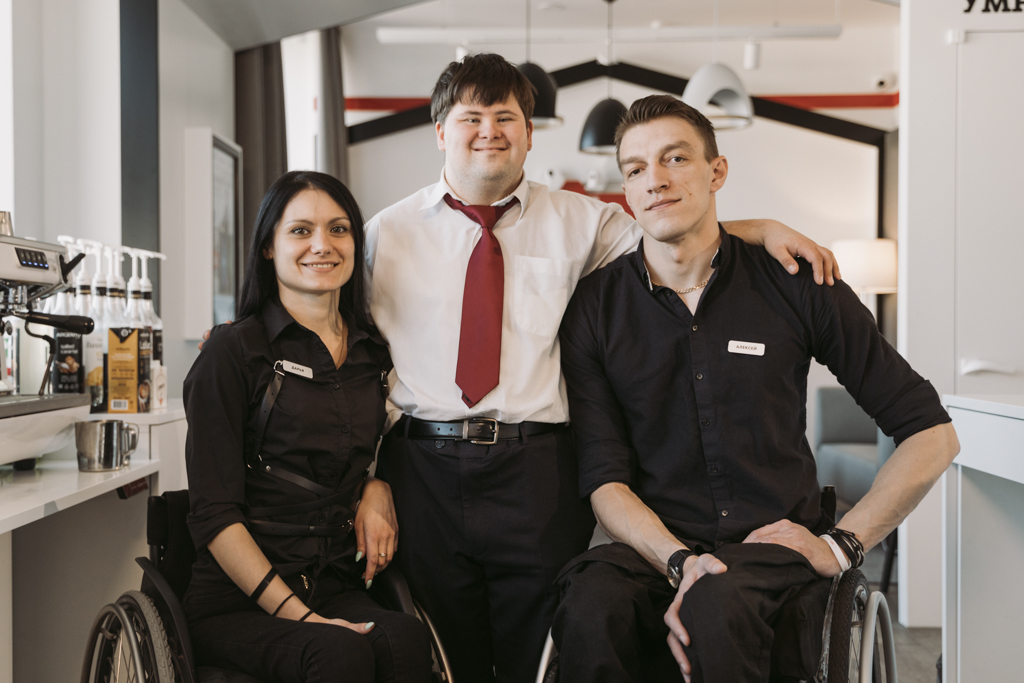
People who have disabilities or are differently abled can often feel excluded or marginalised from participating fully in society. Challenges can manifest in different forms: social, educational, workplace, and physical barriers alike prevent people with disabilities from accessing opportunities and enjoying equal rights. With one in five people in the UK living with a disability, there is a vast pool of untapped potential.
In employment, people with disabilities are often prevented from accessing opportunities due to prejudices, inaccessible workplaces, and negative stereotypes. This exclusion leads to higher unemployment rates and lower income levels, whilst employers miss out on a rich source of talent.
In the UK, it is estimated that 70-80% of people with disabilities have hidden disabilities: those with conditions or impairments that are not immediately apparent to others (such as mental health issues, chronic pain, autism, or certain medical conditions) face their own unique challenges. They may encounter difficulties related to disclosure, stigmatisation, and inadequate support, which can impact their job performance and overall well-being.
With care and consideration, these barriers can be broken down. At HUMAN, we support workplaces like yours to understand disability rights, and adopt inclusive practices. Through tailor-made workshops and consultancy services, we will help you to understand how to be innovative in your diversity and inclusion practice with your service users, employees, or students, to exceed your legal obligations, and greatly expand your reach.
23%
23% of working age adults are disabled.
Scope
53%
The employment rate of disabled people is 53%. Compared to 82% of non-disabled people.
ONS
72%
72% of disabled people have experienced negative attitudes or behaviour in the last five years.
Scope
Creating equity is at the heart of our approach to achieving workplace equality for disabled individuals. While the terms “equality” and “equity” are often used interchangeably, they have distinct meanings in the context of disability inclusion. Equality means treating everyone the same, which may not be fair when individuals have varying needs. Equity, on the other hand, involves giving individuals what they need to have an equal opportunity for success. For disabled employees, this means tailoring support and accommodations to their specific needs. We will help you adopt and implement pragmatic strategies to achieve workplace equity:
- Reasonable Accommodations: Providing reasonable accommodations tailored to each employee’s disability, such as accessible workspaces, assistive technology, or flexible work hours.
- Mental Health Support: Offering mental health resources and creating a stigma-free environment to support employees with hidden disabilities like anxiety, depression, or PTSD.
- Inclusive Communication: Using multiple forms of communication to ensure that employees with diverse needs, such as those with hearing impairments, have equal access to information and opportunities.
- Career Advancement: Providing mentoring and career development opportunities to disabled employees to ensure they have an equal chance for professional growth.
The benefits of creating equity in the workplace are numerous. It leads to increased employee engagement, productivity, and job satisfaction. It helps attract and retain diverse talent, fostering innovation and combatting stress and absenteeism. Ultimately, an equitable workplace ensures that individuals with disabilities can fully participate, contribute, and thrive, thereby enhancing the organisation’s overall performance and social responsibility.